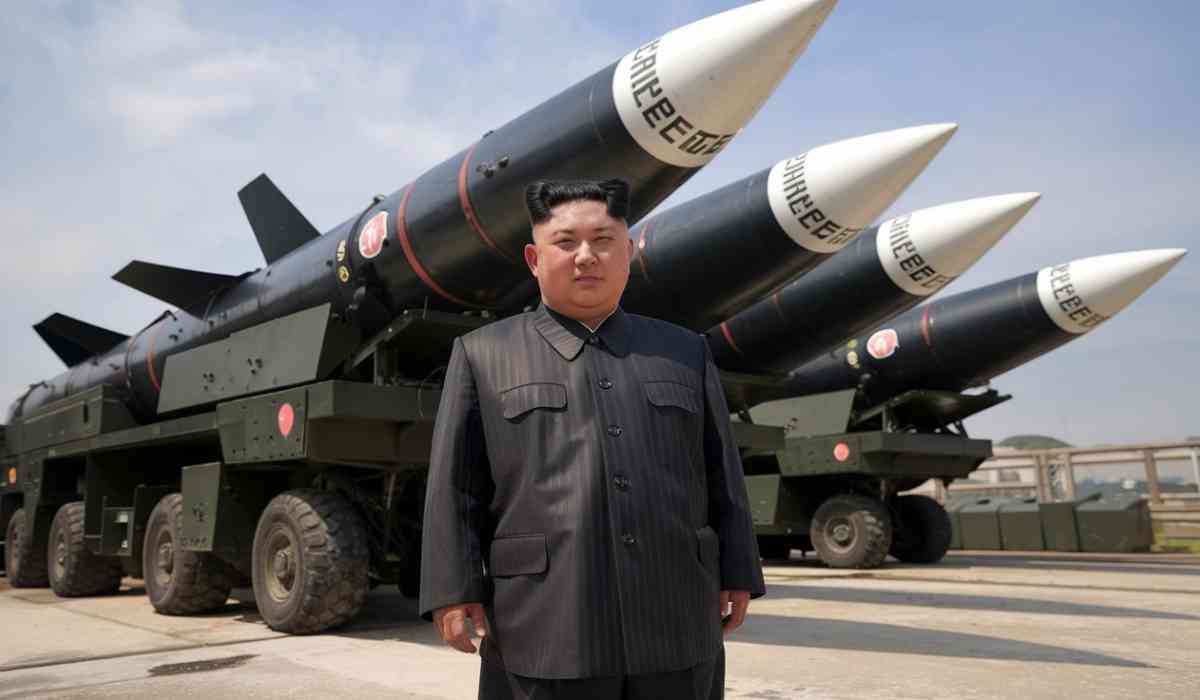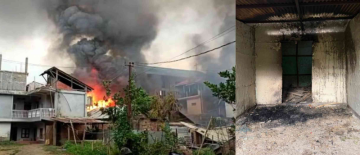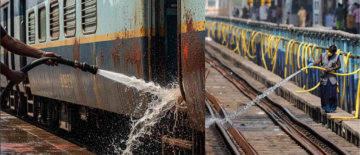The ongoing tensions between North Korea and South Korea have reached a new critical juncture as accusations and military threats escalate. In early October 2024, North Korea accused South Korea of sending drones into its airspace to drop anti-regime leaflets, claiming that these incidents occurred on multiple occasions.This allegation has resulted in North Korea's military preparing for potential retaliatory actions, heightening fears of a renewed military confrontation between the two nations.
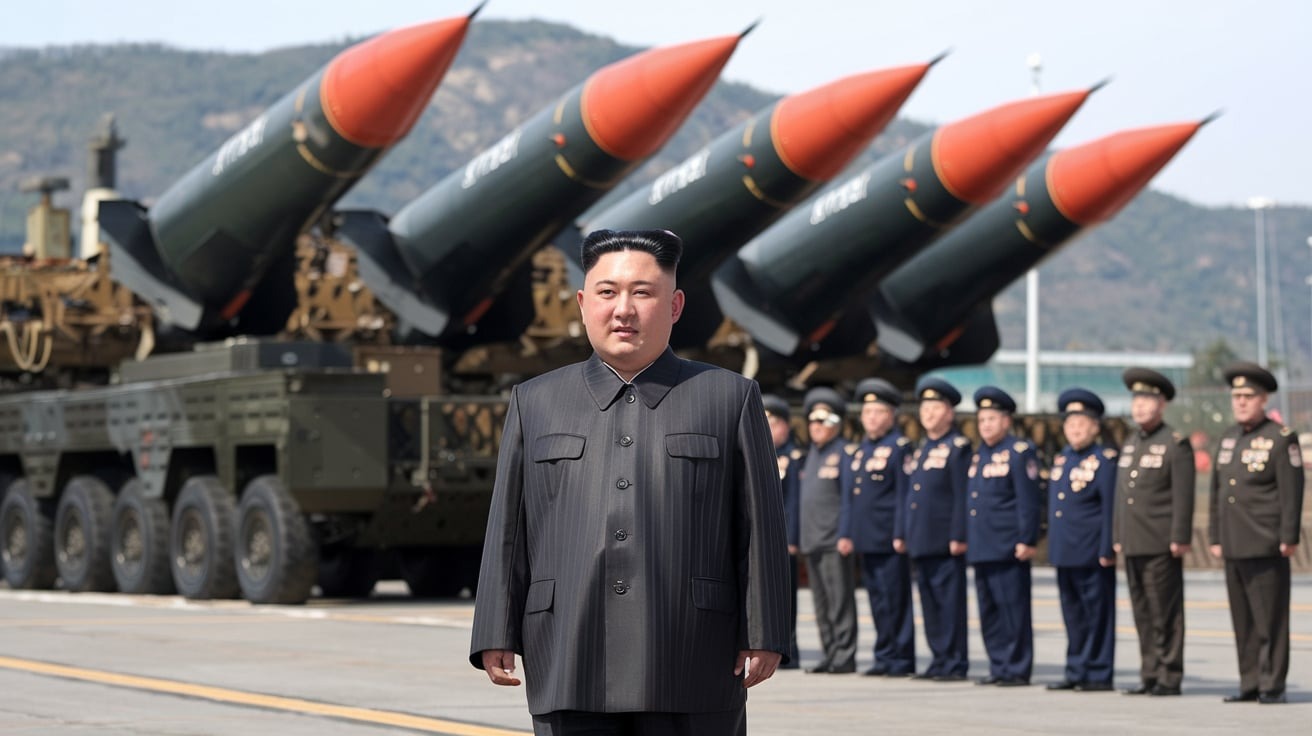
Background of Hostilities
The relationship between North and South Korea has been fraught with tension since the Korean War (1950-1953), which left the peninsula divided along the 38th parallel. Although an armistice was declared, a formal peace treaty was never signed, and the two countries remain technically at war. Over the years, various diplomatic efforts and summits have attempted to thaw relations, but the underlying tensions have remained persistent.
North Korea's recent rhetoric is part of a broader strategy under the leadership of Kim Jong-un, who has consistently emphasized military readiness and deterrence against perceived external threats, particularly from the U.S. and South Korea. The North's accusations come amid a backdrop of ongoing military exercises conducted by South Korea and the United States, which Pyongyang views as provocative
The Drone Accusations
The latest round of tensions began when North Korea's General Staff announced that it had ordered its border artillery corps to prepare for "important fire missions" in response to alleged drone incursions from the South. According to Pyongyang, these drones dropped leaflets critical of the Kim regime, which the North denounces as hostile propaganda. North Korea's Ministry of Defense has characterized any further drone activity from the South as a declaration of war, emphasizing that they will respond decisively to any violations of their airspace.
South Korea, however, has categorically denied these accusations. Military officials in Seoul maintain that they have not dispatched any drones over the border and have expressed skepticism regarding North Korea's claims. Colonel Lee Sung-jun of South Korea's Joint Chiefs of Staff stated that confirming North Korea's narrative would only serve to reinforce its propaganda efforts.
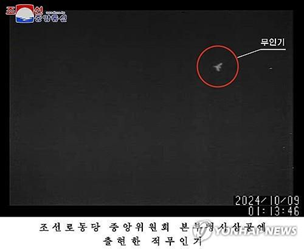
Increasing Military Readiness
As tensions rise, both countries are stepping up their military preparedness. The South Korean military has intensified its surveillance operations along the border and is prepared for any potential provocations. They have been monitoring the situation closely, ready to respond swiftly should North Korea carry out its threats. The South’s military has emphasized its right to self-defense and is prepared for preemptive action if deemed necessary.
On the North Korean side, Kim Jong-un's regime appears to be fortifying its military positions along the border. Reports indicate that North Korea has been actively dismantling roads and railways leading to South Korea, a move that symbolizes a complete severance of ties and an emphasis on self-reliance. Such actions reflect Kim's ongoing push for military readiness and psychological warfare tactics against the South.
The Risk of Global Conflict
The recent escalation in tensions has raised concerns among geopolitical analysts that a miscalculation could lead to a broader conflict, potentially drawing in regional powers and escalating into a third world war. If hostilities were to erupt between North and South Korea, it could easily expand beyond the peninsula, involving allies and adversaries alike. The U.S., which has a mutual defense treaty with South Korea, could be compelled to intervene, while China, as a traditional ally of North Korea, might also engage, making the situation highly precarious. Such a scenario reflects the intricate web of alliances and hostilities in Asia, where rivalries among major powers could turn a localized conflict into a larger confrontation. Historical precedents suggest that regional disputes, if unchecked, can lead to widespread military engagements, further exacerbated by the proliferation of nuclear weapons and advanced military technology in the region.
Today, South Korea has placed its military on full readiness, as the Chief of Staff says they've "detected unusual movements." Images show piles of dirt next to unusual structures along several roads connecting to the DMZ, indicating possible preparations for destruction.South Korea believes North Korea could blow up the roads as soon as today.
Recently,North Korea says front-line units are ready to strike South Korea if more drones appear. North Korea says its front-line army units are ready to launch strikes on South Korea after accusing its rival of flying drones over the capital Pyongyang.
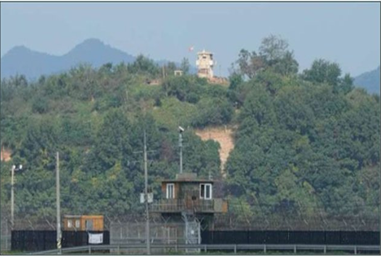
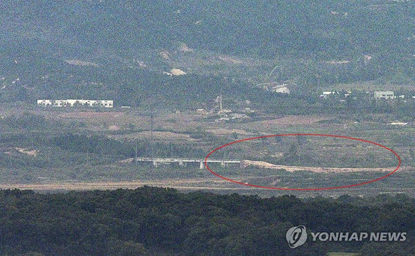
Implications for Regional Stability
The current escalation poses significant risks not only for inter-Korean relations but also for broader regional stability. Analysts warn that further provocations from either side could easily spiral into military confrontations. The situation is further complicated by external factors, including the United States' military presence in South Korea and ongoing geopolitical tensions in the Asia-Pacific region.
Former South Korean intelligence director Park Jie-won has suggested that Seoul should consider restricting activists from sending anti-Pyongyang leaflets across the border to mitigate the risk of conflict. This highlights the delicate balance that both nations must navigate between national security and the freedom of expression.Conclusion
The current situation on the Korean Peninsula is marked by heightened tensions and mutual distrust. North Korea's accusations of drone incursions, coupled with military threats, have raised alarms about the potential for conflict. Both countries are bracing for possible provocations, with South Korea maintaining a posture of readiness and North Korea fortifying its defenses.
As the international community watches closely, the need for dialogue and diplomatic engagement becomes increasingly urgent. The potential for misunderstanding and miscalculation in this already volatile region underscores the importance of renewed efforts toward peace and stability on the Korean Peninsula. In a world where tensions can escalate rapidly, finding common ground and establishing communication channels is essential for preventing conflict and fostering a more secure future for both Koreas. The risk of a third world war, triggered by tensions in Asia, serves as a sobering reminder of the stakes involved in this ongoing rivalry.
With inputs from agencies
Image Source: Multiple agencies
*The views expressed are personal to the author and do not reflect the platform's opinion of the same.
© Copyright 2024. All Rights Reserved Powered by Vygr Media.

